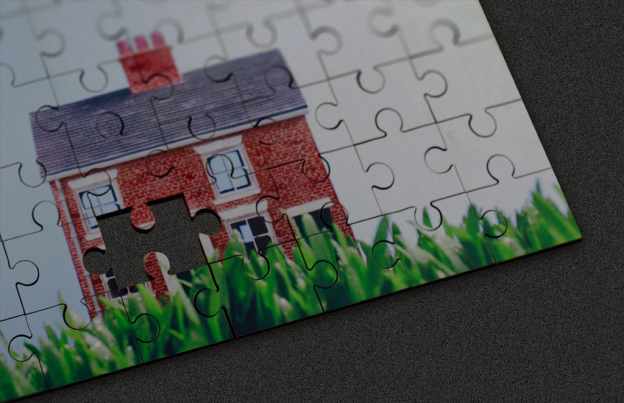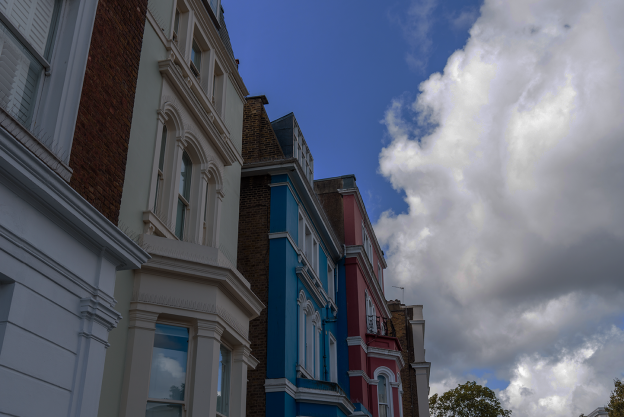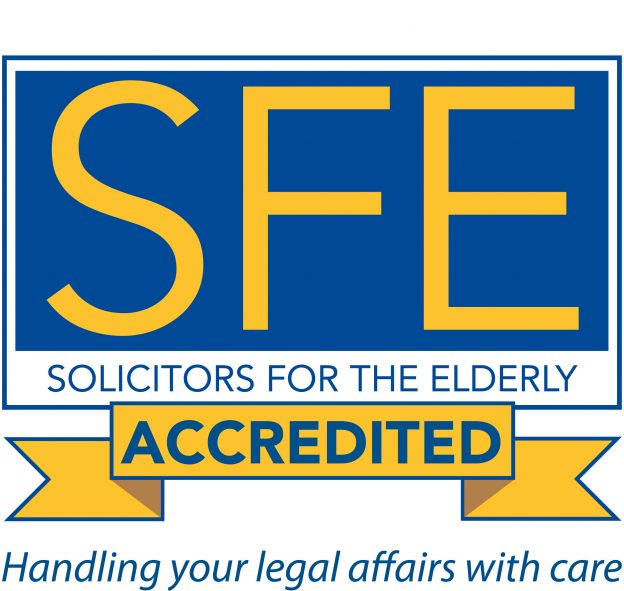
Residence Nil Rate Band Explained – By Danielle Harvey
The new IHT Residence Nil Rate Band (RNRB) will be introduced April 2017. It is in addition to an individual’s own Nil Rate Band of £325,000, and conditional on the main residence being passed down to direct descendants (e.g. children, grandchildren).
The RNRB will start at £100,000 and will increase by £25,000 each tax year until 2020.
- £100,000 in 2017-2018
- £125,000 in 2018-2019
- £150,000 in 2019-2020
- £175,000 in 2020-2021
The available allowance will be reduced if the value of the property is less than the maximum. Only one residential property will qualify. It will be down to the personal representatives to nominate which residential property should qualify if there is more than one in the estate. A property which was never a residence of the deceased e.g. a buy-to-let, cannot be nominated.
The RNRB will be transferable between spouses and civil partners on death. For example, when combined with the full RNRB of £175,000 in 2020/21 this would provide a married couple with a possible £1,000,000 nil rate band if they left their estate to each other on the first death and then on the second death to their children.
The RNRB will be reduced by £1 for every £2 that the deceased’s net estate exceeds £2,000,000. This will mean that on its introduction there will be no RNRB available if the deceased holds assets of more than £2,200,000. This will rise as the RNRB rises.
The RNRB may be lost where the property is placed into a discretionary will trust for the benefit of the children or grandchildren. However, if a trust gives a child or grandchild an absolute interest or interest in possession in the home the RNRB can still be claimed.
The family home doesn’t need to be owned at death to qualify for example a person may have downsized or sold their property to move into residential care. The RNRB will still be available provided that: a) the property disposed of was owned by the individual and it would have qualified for the RNRB had the individual retained it and the replacement property and b) assets form part of the estate and pass to descendants. Downsizing or the disposal of the property has to have taken place after 8 July 2015.
It is good practice to review your Will on a regular basis to ensure that it carries out your wishes and that the legislative changes do not result in you paying extra inheritance tax. For example, missing out on the RNRB by passing the family home into a discretionary trust.
If you would like to review your Will please do not hesitate to contact us on 01425 610078 or 01590 689500.




